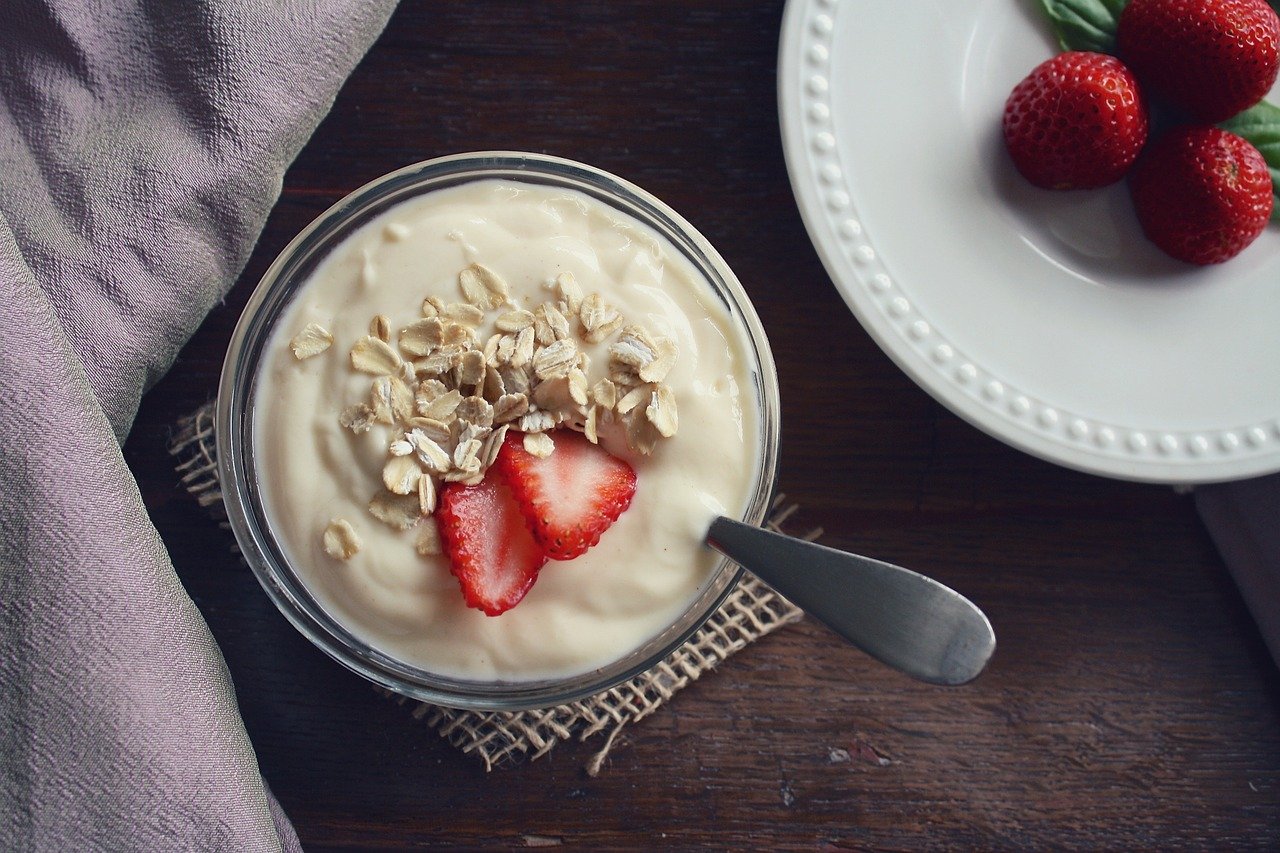
Probiotic-infused food products and supplements have become all the rage in recent years with the health-conscious community. But does the reality of what probiotics offer in terms of boosting health warrant all the public attention that they’ve garnered?
In this article, we’ll explore what probiotics are, how they can benefit health, and why taking them might be a good way to improve your own.
What Are Probiotics?
Read More »Most bacterial strains are concentrated in the gut. The “gut microbiome” refers to the bacterial colonies that are ever-present in the gut. These bacteria fulfill a number of important functions for humans, making them what we call “symbiotic” organisms – meaning they help us stay well while our bodies function as a host for them to live and thrive.
Probiotics are bacterial species that are shown through research to be beneficial to our health (hence the prefix “pro”). It is important to distinguish probiotics from harmful strains like candida that can threaten our rather than improve family health and fitness.
Good vs. Bad Gut Bacteria
Within your gut, there is an eternal war that rages between various strains of bacteria for dominance within the microbiome. These bacteria compete for space and nutrition to grow and thrive.
The entirety of the bacterial species in the gut makes up what is called the “gut flora.”
Ideally, with an optimal diet rich in prebiotics as well as probiotics, the good bacteria win out, multiple, and kick the harmful varieties to the curb.
However, unfortunately, this is not always the case. Our modern diets include far too many sugary snacks and processed foods filled to the brim with ingredients that encourage bad bacterial growth and hinder good bacterial growth.
As a result, our microbiomes can get out of whack.
Unbalanced microbiomes can affect nearly all aspects of health. They promote system-wide inflammation, which researchers now understand to be one of the key drivers of chronic disease.
Unhealthy gut microbiomes are linked to cardiovascular distress, diabetes, autoimmune disorders, cancer, and a host of other nasty conditions that shorten our lifespan and subtract from our quality of life.
The good news is that it’s never too late to remedy the situation with a steady dose of probiotic-rich foods.
Sources of Probiotics in Food
For many people, probiotic supplements may be unnecessary because it’s possible in most cases to source all the probiotic good stuff that you need naturally from your diet – provided that you choose the right foods to consume.
The most common sources of probiotics in the modern Western diet include:
• Yogurts
• Cheese
• Kefir
• Kimchi
• Sauerkraut
• Kombucha
“Probiotic” vs. “Prebiotic”
As you become more aware of how the foods that you are consuming impact your health, it is important to understand the difference between probiotic and prebiotic substances.
“Probiotic”, as we’ve already discussed, refers to beneficial bacteria that we want to colonize our digestive systems.
“Prebiotics,” on the other hand, are fibrous substances that good bacteria feed on to grow and reproduce.
Both probiotic and prebiotic elements are crucial to include in your diet if you hope to improve your gut flora. Without enough prebiotic material, the good bacteria do not have enough of a food source to sustain themselves and, ultimately, perish.
Natural prebiotics to add to your diet include:
• Oats.
• Bananas.
• Fibrous green vegetables.
• Onions.
• Garlic.
As a general rule, vegetables are the go-to source of prebiotics. This is just one of the many reasons that you should include plenty of fresh fruits and veggies in your diet for optimal health.
Probiotic Dietary Supplements
In cases of extreme gut flora imbalances or for people looking for the quickest health turnaround from an optimized microbiome, probiotic supplements may be a good option.
Be wary, though, of substandard supplement formulations. Not all probiotic products are guaranteed to achieve the results that you hope to see, and some can be very expensive.
To avoid wasting your hard-earned money, only choose probiotic supplements that have been thoroughly vetted by third-party, independent laboratory tests to confirm that they, in fact, contain the active probiotic ingredients that they claim to.
For many people, adding more probiotics and prebiotics to their diet may be one of the single best strategies to improve overall health. By selecting more probiotic-rich foods at the grocery store, you are making a significant investment in your long-term wellness.





